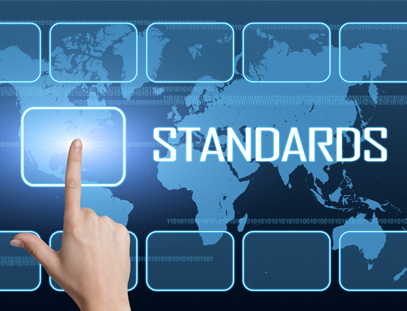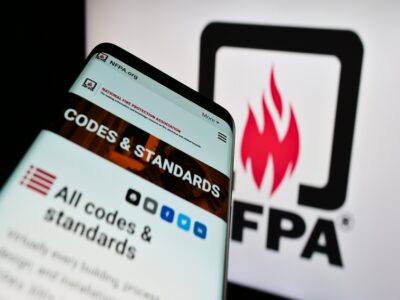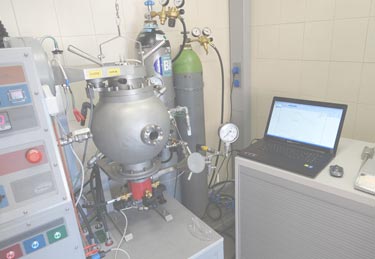Search
Key Changes in the 2019 Edition of NFPA 652

The 2019 Revised Edition of NFPA 652: Standard on Fundamentals of Combustible Dusts is now available and contains several key changes. Perhaps foremost, the deadline has been changed for the completion of dust hazard analysis (DHA) for existing processes and facility compartments. The new deadline is September 7, 2020, and now aligns with industry and commodity-specific dust standards. NFPA 652 also requires that the DHA be reviewed and updated every five years.
Other key changes to NFPA 652 as outlined in the 2019 Revised Edition include:
- Material has been added that helps the user evaluate the requirements for mixtures of types of combustible dust, such as a mixture containing metal dust and agricultural dust.
- Several definitions have been added from industry and commodity-specific documents that are considered fundamental to combustible dust.
- Some of the general requirements for managing combustible dust fire and explosion hazards have been revised. Provisions designate the requirements that are meant to be retroactive.
- The section on Hazard Management: Mitigation and Prevention has been expanded to include requirements on equipment design and operation and includes air-material separators (AMS), air moving devices (AMDs), duct systems, sight glasses, abort gates and dampers, bulk storage enclosures, size reduction equipment, pressure protection systems, material feeding devices, bucket elevators, enclosed conveyors, mixers and blenders, and dryers.
- Requirements for fans for continuous dust control have also been added. Changes have been made to the requirements for equipment isolation to remove the exemption for small diameter ductwork. This is now consistent with the current requirements in NFPA 654.
- Management system requirements, such as housekeeping, personal protective equipment (PPE), and hot work are now in Chapter 8, Management Systems.
Stonehouse’s expert consulting, testing, training, and incident investigation services are well placed to help companies of all sizes in the process industries become and remain compliant with the requirements of NFPA 652, including the recent changes as reflected in the revised 2019 edition. Contact us today to discuss your needs further.

Get in touch
To learn more about our expertise and services in dust explosion prevention & mitigation, call us at +1 609 455 0001 or email us at [email protected] today.
We also offer tailored virtual and in-company process safety training programs on Dust Explosions, Static Electricity and HAC (Hazardous Area Classification) and more. Find further information here.
We use cookies to help us enhance your experience on our website. By clicking “Accept,” you consent to our use of cookies. Read our Privacy Policy for more.









